As summer reaches full swing in Australia and the level of effort I put into blog posts wains, here’s a lost of books I’m to-read or have read this year.
I can’t imagine a telecom book club being super popular, but if you’ve got any recommendations for good telecom related reads, I’d love to hear them!
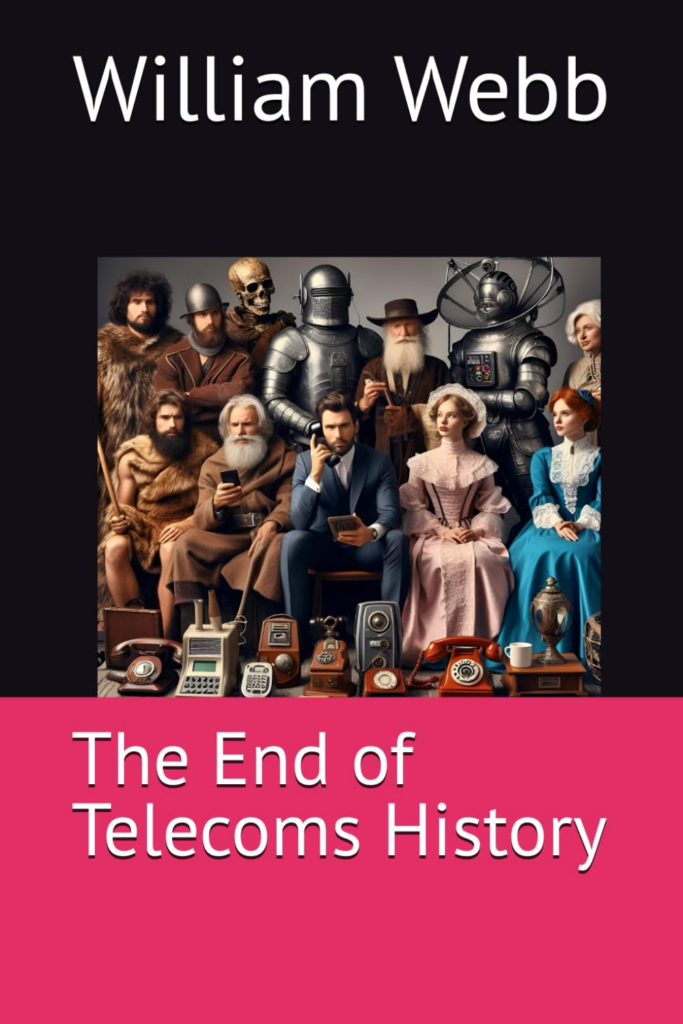
The End of Telecoms History – William Webb (Read)
I read this this year, Webb is one of those folks who’s paycheck doesn’t come from shilling hardware, and he’s been pretty good at making accurate predictions and soothsaying, even when what he says upsets some.
The launch of 5G pretty much played out exactly how one of his other books (The 5G Myth) predicted, and the premise of The End of Telecoms History is that if we look at the data which suggest that bandwidth growth will not continue unabated forever, what does that mean?
I’ve a feeling there are a telecom execs quietly reading this book (while making sure that no sees them reading it) and planning for a potential future in a world of enough bandwidth to satisfy demand, and how this would impact their bottom lines and overall business model, even if outwardly everyone still claims the growth will continue forever.
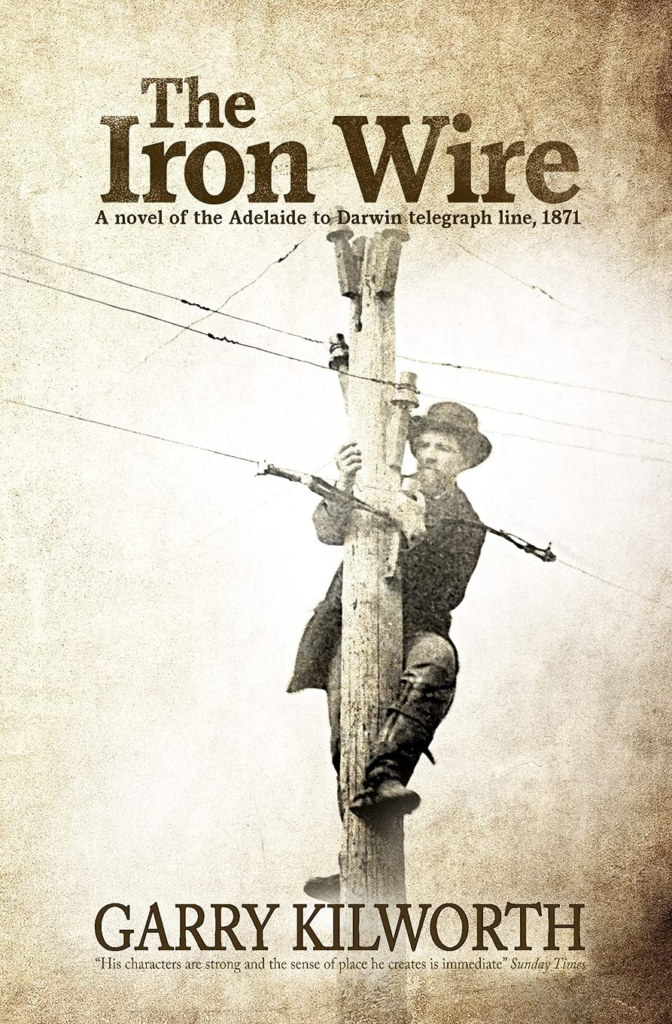
The Iron Wire: A novel of the Adelaide to Darwin telegraph line – Garry Kilworth (Read)
A fun imagined romp about adventures in the bush while connecting a nation in the 18th century, the story is inspired by the real world events but are fictional, it’s a fun way to explore the topic and add bushrangers into the mix.

Rogers v. Rogers: The Battle for Control of Canada’s Telecom Empire – Alexandra Posadzki (Read)
Just finished this; I’ve worked with a lot of operators in the past, both big some small (the best ones are small), and it’s fascinating to understand at a board level how things get done in telecom giants, even if the Rogers’ family aren’t the best example of how to do this…
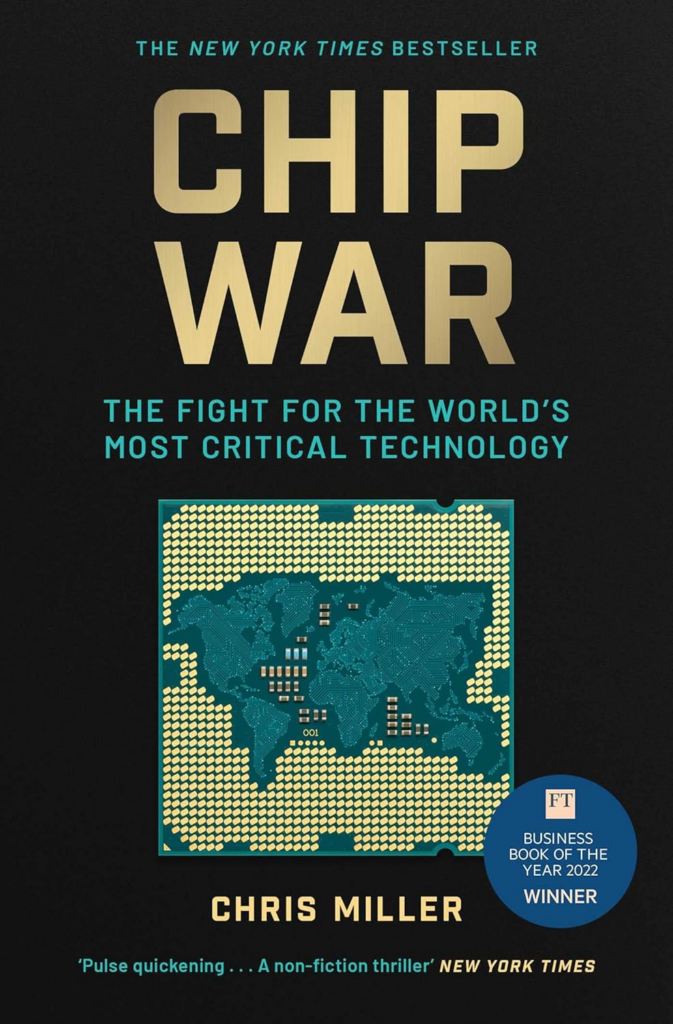
Chip War: The Fight for the World’s Most Critical Technology – Chris Miller (Read)
Without integrated circuits the telecom industry is back to relays and electromagnetically switching traffic (not that I’m against this).
Miller’s book outlines how we got to our current situation, and how the products coming out of TSMC and SMIC will shape the future of tech at a fundamental level.
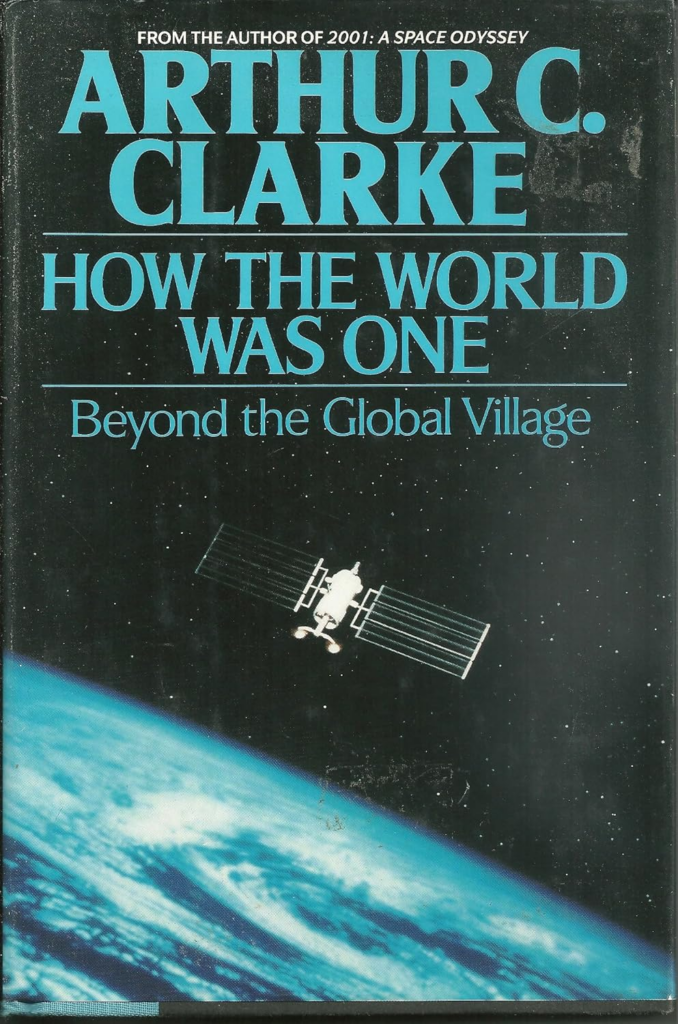
How the World Was One – Arthur C Clarke (To Read)
Famed science fiction writer Arthur C Clarke had a penchant for scuba diving and communications (can relate) hence his interest in submarine telephony.
I read “Voice Across the Sea” a few years ago (on an actual paper based book no less!) but this is freely available as an eBook and I’m looking forward to reading it.
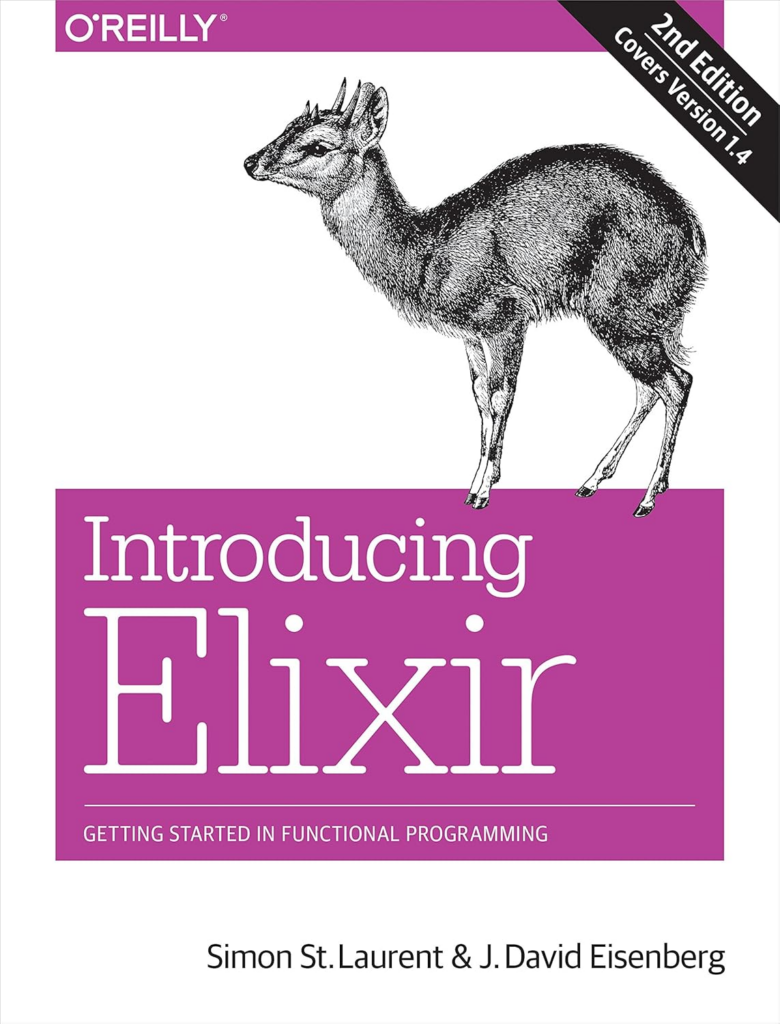
Introducing Elixir – Simon St. Laurent & J. David Eisenberg (Reading)
The dev team at Omnitouch are all about Elixir, and being an old dinosaur I figured I should at least learn the basics!
I’m still working my way through the book, having a folder of examples typed out from the book (I can’t learn through copy / paste!), enjoying it so far, even if I’m slower than I’d like.
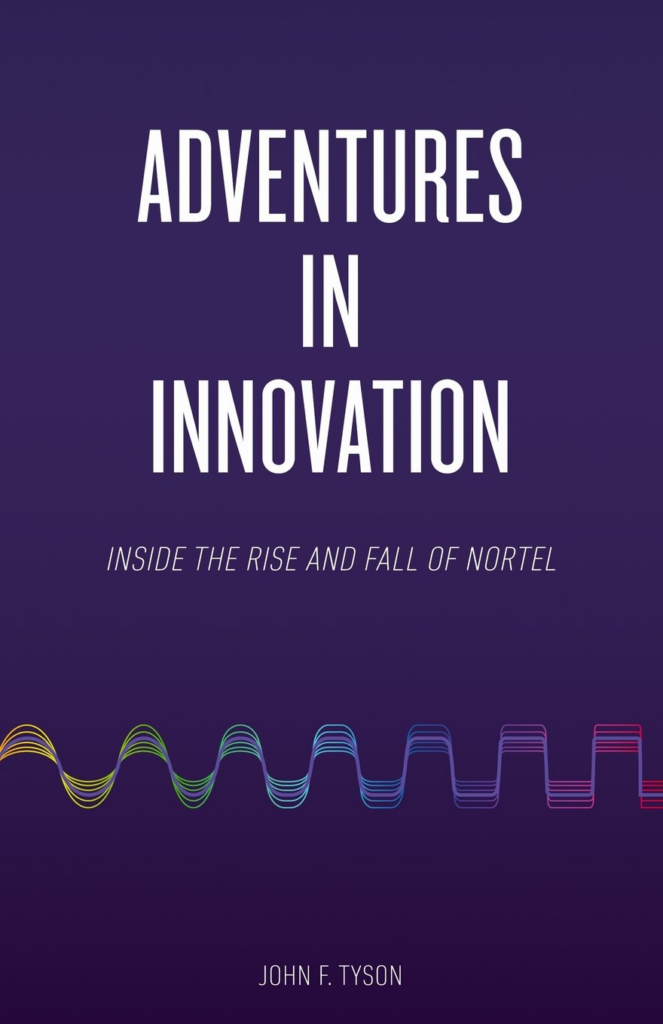
Adventures in Innovation: Inside the Rise and Fall of Nortel – John Tyson
My first job was with Nortel, so I’ve got a bit of a soft spot of the former Canadian telecom behemoth, and never felt I’d had a satisfactory explanation as to where it all went wrong. I got this book expecting a bit more insight into the fall part, but this book gave an interesting account as to the design of things I’d never put much thought into before.
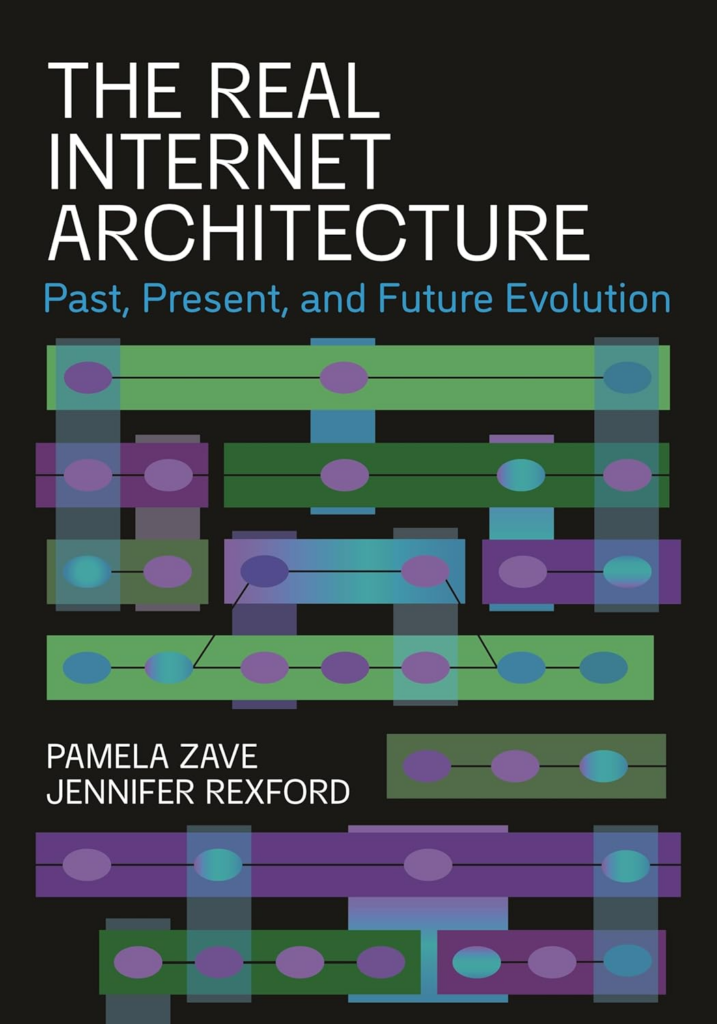
The Real Internet Architecture: Past, Present, and Future Evolution – Zave, Pamela;Rexford, Jennifer; (To Read)
This came from a recommendation on Twitter, I know almost nothing about it other than that, but I’m keen to dig into this.
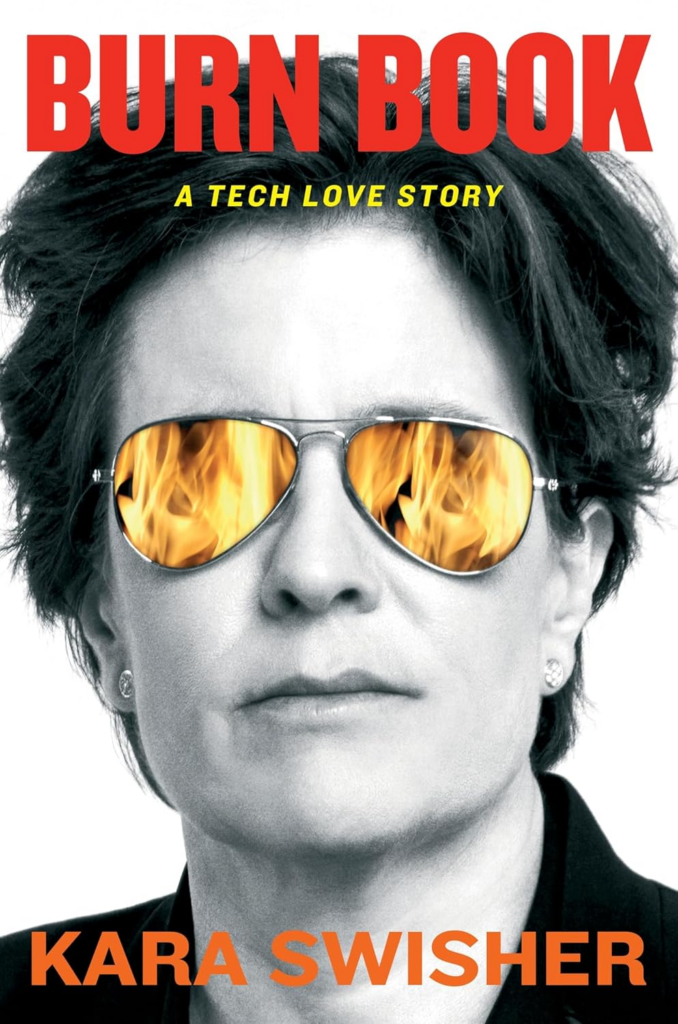
Burn Book: A Tech Love Story – Kara Swisher (Read)
A fun insight into the life and times of the big tech.
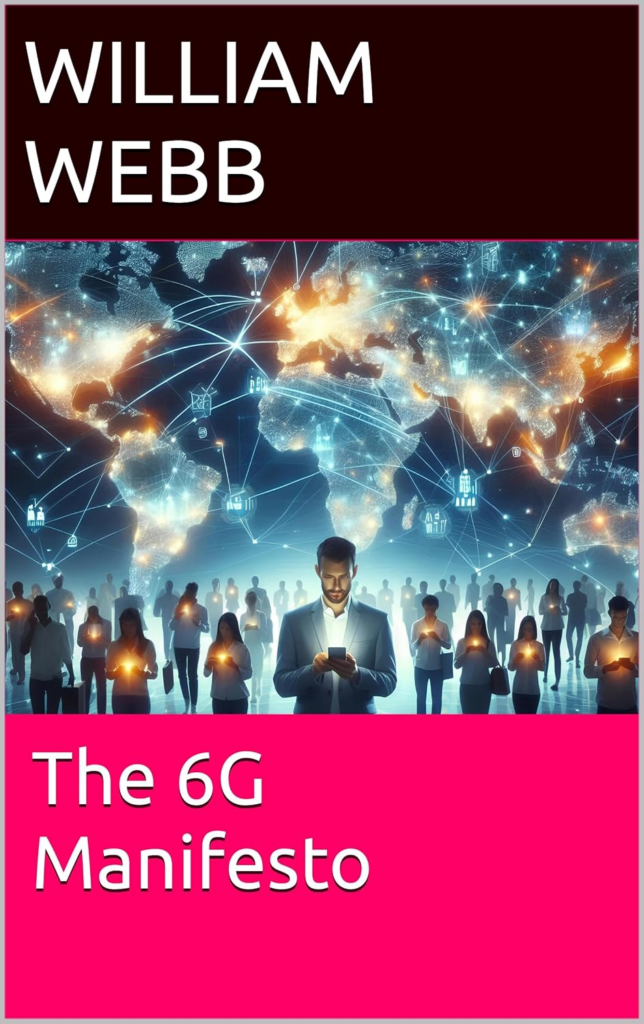
The 6G Manifesto – William Webb
There’s a Simpsons’ scene where Lisa is buying an Al Gore book named “Sane Planning, Sensible Tomorrow” and says “I hope it’s as exciting as his other book, ‘Rational Thinking, Reasonable Future'”.

I can’t help but feel Webb’s books are kinda like this (in a good way).
Realism is so important; staying grounded in reality is critical. Operators who go chasing fairy tales of driving higher ARPUs with wacky ideas with no business case or demand from end customers (and generally pushed by vendors, rather than operators) will struggle to remain viable in the future if they pour all their cash into things that won’t see a return, so I’m looking forward to reading some sane ideas as to how to approach the unnecessary Gs.

Phil Lapsley’s ‘Exploding the Phone’ is, in my opinion, a fantastic book anyone interested in telecommunications or hacking should read.